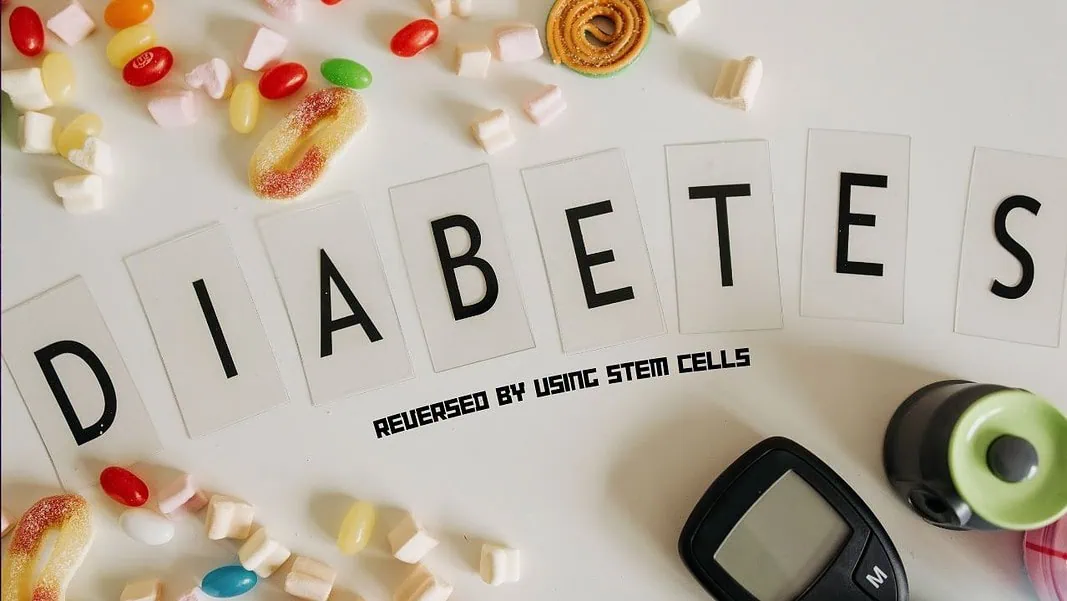In September 2024, a groundbreaking study published in Cell reported the successful reversal of type 1 diabetes in a 25-year-old woman through a transplant of reprogrammed stem cells derived from her own body. This research was conducted by teams at the University of Alberta in Canada and Peking University in China. The woman, who prefers to remain anonymous, began producing her own insulin less than three months after the transplant, marking a significant milestone in diabetes treatment.
James Shapiro, a transplant surgeon at the University of Alberta, described the results as stunning, noting that the patient had previously required substantial amounts of insulin. “I can eat sugar now,” she shared, expressing her newfound freedom to enjoy various foods, particularly hotpot. This remarkable outcome follows earlier findings from April 2023, when researchers in Shanghai successfully transplanted insulin-producing islets into a 59-year-old man with type 2 diabetes, also using cells derived from his own body.
The study highlights the promise of stem cell technology as a potential treatment for type 1 diabetes, which affects nearly half a billion people worldwide. Traditional islet transplants face challenges due to donor shortages and the need for immunosuppressive drugs. Stem cells offer a renewable source of pancreatic tissue without these complications.
Deng Hongkui from Peking University led the innovative trial, where researchers reprogrammed cells from three individuals with type 1 diabetes into pluripotent stem cells. These cells were then differentiated into insulin-producing islet-like cells. The transplant procedure involved injecting approximately 1.5 million islet equivalents into the woman’s abdominal muscles—a novel approach that allows for easier monitoring via magnetic resonance imaging.
Remarkably, two and a half months post-transplant, she achieved insulin independence and has maintained stable blood glucose levels for over a year. While these results are promising, experts emphasize the need for further research to confirm long-term efficacy and safety across more patients.
In parallel, ongoing research at institutions like Vancouver General Hospital and the University of British Columbia is exploring similar stem cell therapies. Dr. David Thompson, principal investigator at the Vancouver trial site, noted that their approach aims to create genetically modified stem cells that are undetectable to participants’ immune systems. Early results indicate that participants are beginning to produce their own insulin, offering hope for more effective treatments in the future.
Overall, these advancements represent significant progress in diabetes treatment and offer hope for more effective therapies in the future.
Citations:
[1] https://www.vch.ca/en/news/hope-horizon-stem-cell-technology-holds-promise-type-1-diabetes-treatment
[2] https://www.insideprecisionmedicine.com/topics/translational-research/in-first-type-i-diabetic-cured-by-allogeneic-stem-cell-transplant/
[3] https://www.ncbi.nlm.nih.gov/pmc/articles/PMC8972968/
[4] https://www.nature.com/articles/d41586-024-03129-3
[5] https://hsci.harvard.edu/news/new-therapy-treating-type-1-diabetes
[6] https://sci.amegroups.org/article/view/22396/html
[7] https://www.nature.com/articles/s44324-024-00014-5
[8] https://www.webmd.com/diabetes/news/20231211/stem-cell-therapy-implant-shows-promise-for-type-1-diabetes
Our other Stem Cells related articles


